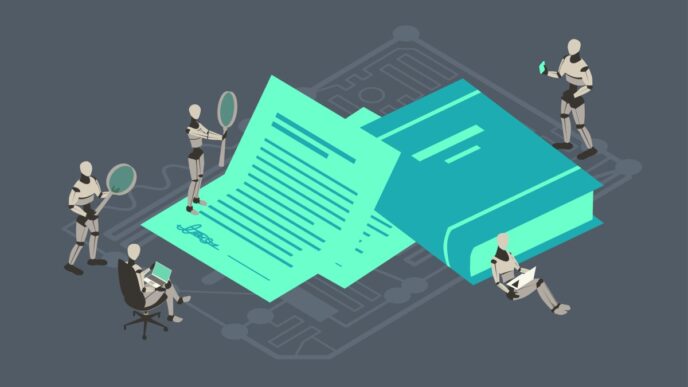AllSpice has raised $15M Series A to streamline hardware engineering collaboration. The startup targets electrical hardware teams stuck using Slack and email for PCB and electronic CAD file review.
Their platform lets engineers comment directly on circuit board designs, like code review on GitHub. The goal: fill gaps between existing CAD and product lifecycle management tools.
Kyle Dumont, co-founder and CTO of AllSpice, stated:
“The teams that we were talking to had really integral tools already in their workflows,” Dumont said. “They had these electrical CAD tools, they had [product lifecycle management] tools, they had existing workflows that we knew the product that we launched had to operate between.”
Co-founder and CEO Valentina Ratner explained AllSpice’s approach was shaped by deep user research.
Valentina Ratner, co-founder and CEO of AllSpice, said:
“Some of the most valuable things that we learned were maybe the things that people didn’t need or didn’t want,” Ratner said. “That helped us kind of scope something that will be really helpful and really an integral part of the workflow. Because we wanted to build not another point solution for our space, but a centralized platform that will become that home base for electronics teams.”
Ratner and Dumont drew from Amazon and iRobot hardware engineering struggles to build AllSpice. The product launched in 2022 for startups but pivoted to enterprise demand, landing clients like Blue Origin, Bose, and Tools for Humanity.
The $15 million round is led by Rethink Impact with follow-on support from L’attitude Ventures, Gingerbread Capital, and DNX Ventures. The company plans to expand hiring and product development.
AllSpice is also testing a new AI agent, now in closed beta, designed to validate designs and catch costly hardware mistakes before production.
Kyle Dumont said:
“We’ve seen huge demand to find out how our hardware, [and] AI tools, can help make their teams more effective, catch these design errors, and that’s exactly what we’re targeting for this product.”
Ratner added:
“The cost of a hardware mistake is so much higher than the cost of a software mistake,” Ratner said. “We have to make it in a way that makes sense for our industry, because of those kinds of broad differences between releasing a software product versus releasing a hardware product.”














